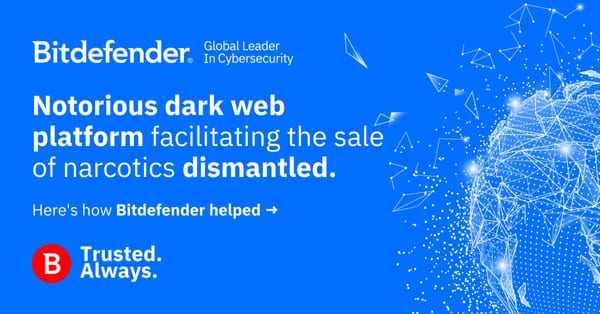Amazon and WhatsApp lag behind in user privacy and transparency

As governments strive to come up with regulations for more thorough digital surveillance, tech giants understand privacy is at serious risk and have been trying to become more transparent on how they collect data and share it with third parties.
User data tracked by cell phones, laptops, web browsers and social media is extremely valuable for law enforcement. In 2016, Facebook alone received over 49,000 requests from the US government to release user data, while Google and Apple received 27,850 and 9,076, according to the Electric Frontier Foundation.
Following terrorist attacks in Europe, UK Prime Minister Theresa May has repeatedly called for government control over the internet and asked that tech companies comply with all user data requests.
“We will introduce a sanctions regime to ensure compliance, giving regulators the ability to fine or prosecute those companies that fail in their legal duties, and to order the removal of content where it clearly breaches UK law,” reads the conservative manifesto.
It”s no surprise that companies collect user data or that governments have major surveillance tools. Edward Snowden confirmed user privacy is of no interest, especially when the state monitors controversial targets like journalists, activists and citizens as terrorist threats.
Users demand transparency from the companies whose services they use, especially when it comes to government access. This is a huge problem for tech companies because they are right in the middle of law and corporate policies.
Some have refused to comply and hand out user data, and others, like Lyft and Uber, have a strong record of protecting user privacy. But others, such as Amazon and WhatsApp, have made it into the hall of shame, according to a recent report by the Electronic Frontier Foundation.
“While both companies have adopted industry-accepted best practices of requiring a warrant for content, publishing law enforcement guidelines, and publishing a transparency report, and while we applaud both companies for advocating for reforms to overbroad NSA surveillance, these two companies are not acting as leaders in other criteria that we examine,” reads the report.
They lack strong public policies related to notifying users of government data requests that we have come to expect from tech companies, they don”t publicly promise to request judicial review of NSLs, and they aren”t meeting our criterion about not selling out users.”
Other low-performing companies are from the telco industry – AT&T, Comcast, T-Mobile, and Verizon. On the other hand, Adobe, Credo, Dropbox, Lyft, Pinterest, Sonic, Uber, Wickr, and WordPress were recognized for adopting best practices in terms of user privacy and transparency.
tags
Author
After having addressed topics such as NFC, startups, and tech innovation, she has now shifted focus to internet security, with a keen interest in smart homes and IoT threats.
View all postsRight now Top posts
Torrents with Pirated TV Shows Used to Push Lumma Stealer Malware
November 14, 2024
What Key Cyberthreats Do Small Businesses Face?
September 06, 2024
FOLLOW US ON SOCIAL MEDIA
You might also like
Bookmarks








